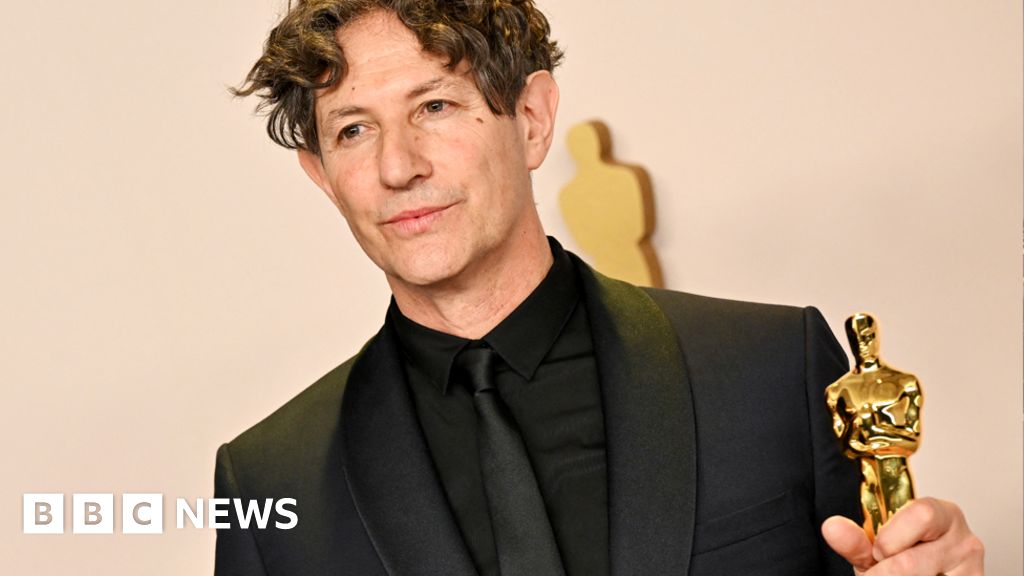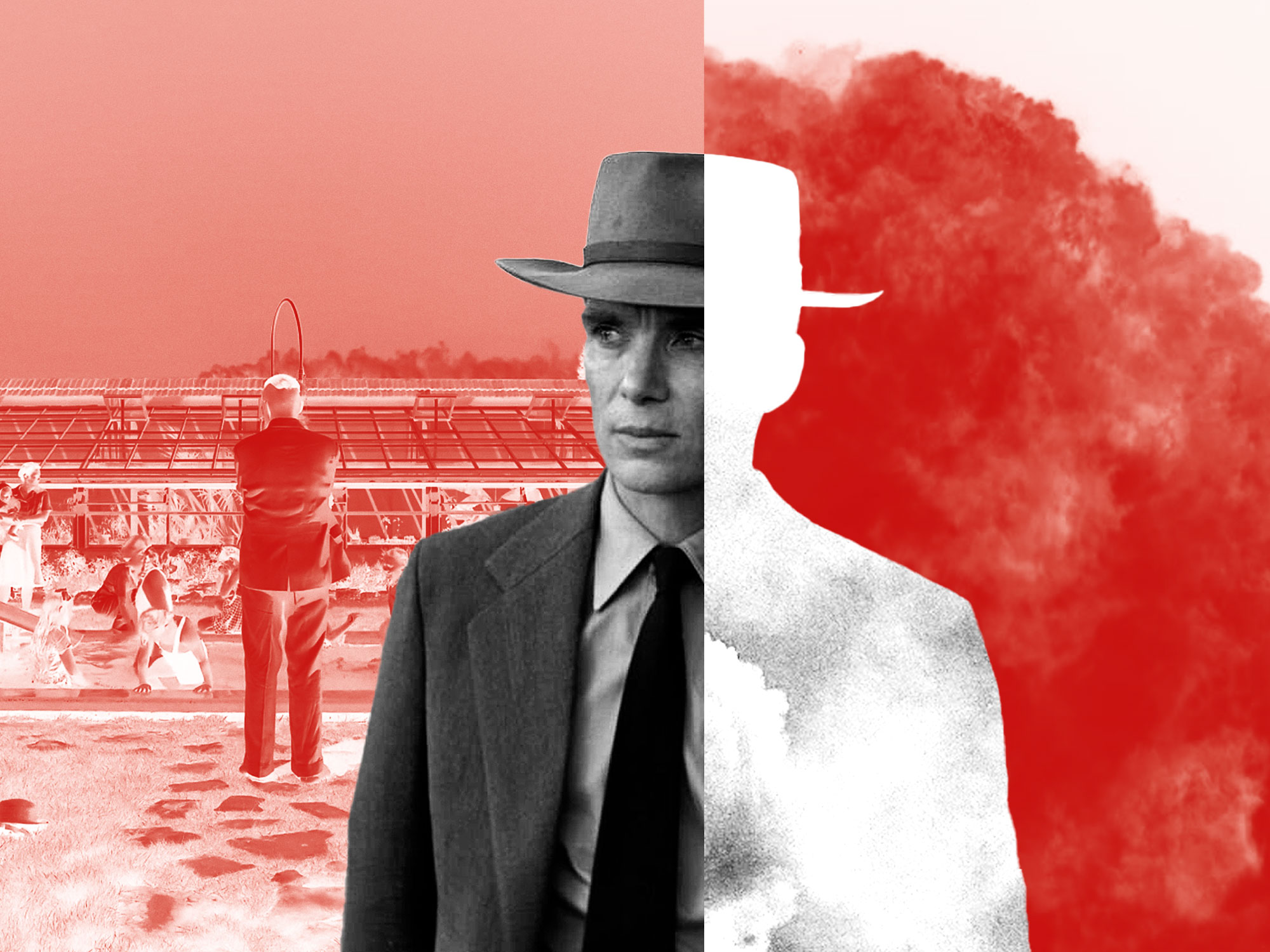Corpsey
bandz ahoy
I went to see this on Monday night. I have been turning it over in my mind ever since. Questions about how effective it was to keep the Nazi protagonists at a distance from us. How effective it was to leave all atrocities more or less off-screen. Where it shaded into pretension, etc.
That said, I found it a really interesting, effective film.
I dug out the Amis novel after watching it and had a skim through sections of it, and it makes a fascinating comparison, because it's totally different. Glazer basically took the scenario of the novel, and the theme of domestic/romantic banality playing out on the very edge of an abyss, and ditched everything else.
What the Amis novel does that the film doesn't, however—and this might not be a good thing—is really impress upon you the disgusting nature of the camp commandant and all the assorted gallery of horrendous Nazis. Their beery, blokey, sexist and (naturally) racist cuntitude. In both their personal relationships (the way they treat each other and their wives) and in their genocidal dealings (the way they treat the victims of their crimes).
This being an Amis novel, these Nazis are somewhat cartoonish (but then, as he himself points out, the real Nazis were almost cartoonishly cruel, greedy, oafish, etc.). Whereas Glazer's film sticks to this presentation of them as being quasi-'normal'. At least in their domestic lives, they're not acting like maniacs—and we never see how Hoss behaves on the other side of that wall.
This, I suppose, is because Glazer wants us to feel like we ourselves, considering ourselves normal, are capable of turning a blind eye to suffering (which is evidently true, see current events)—but at the same time he keeps his camera distant from these banal monsters, refusing to have us sympathise with or like them for even a second.
And the result is that they come as 'blanks'. It's hard to understand why they're doing what they're doing, how they feel about it etc.
This creates an intriguing ambiguity about their motivations, their possible repressed guilt and self-loathing, which is all well and good.
But I thought afterwards it would have been really disturbing if he'd been able to make us sympathise with, enjoy the company of, the family.
Anyhoo, clearly an absolute splurge of unorganised thoughts there but I did really like the film despite my carping and I want to see it again.



